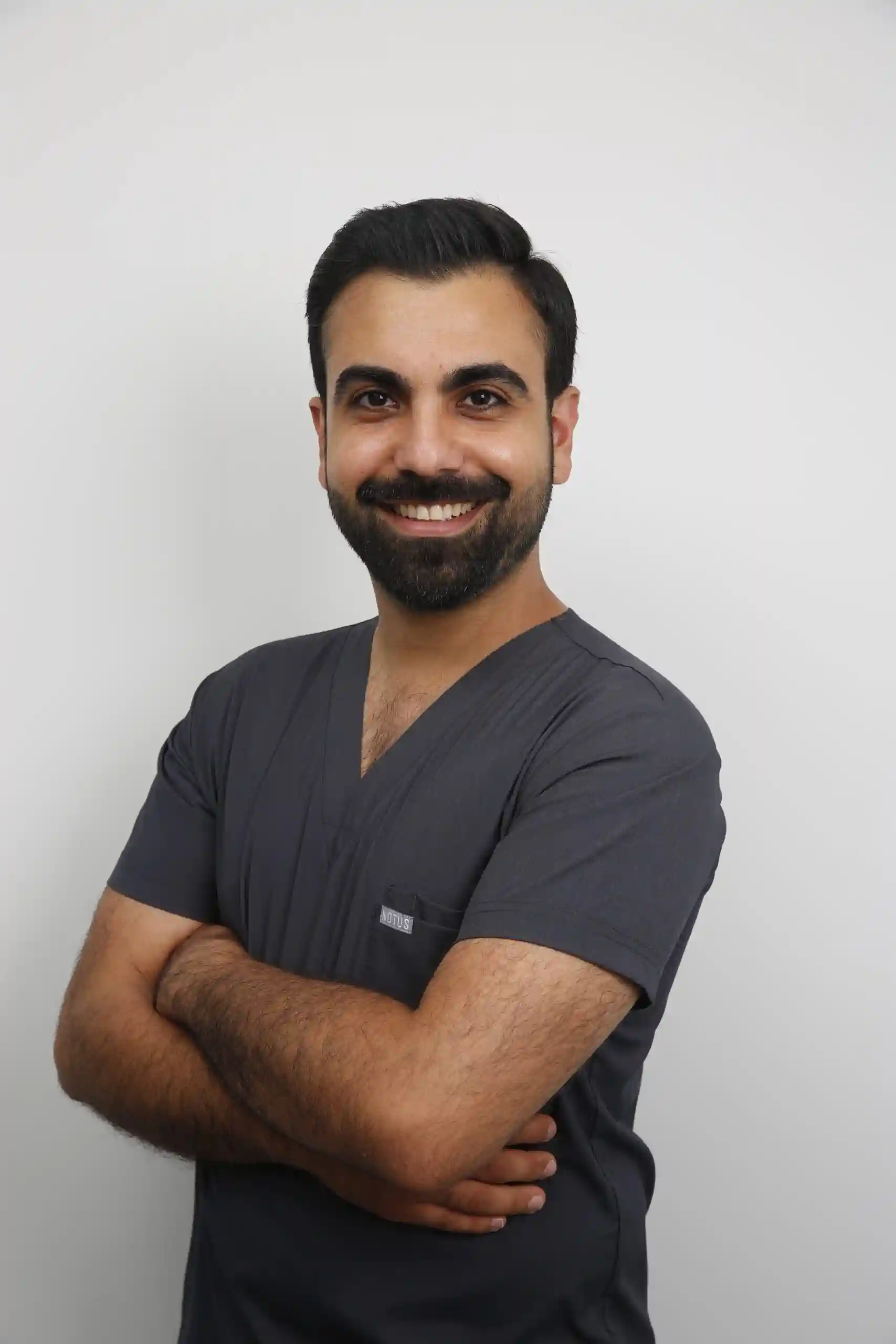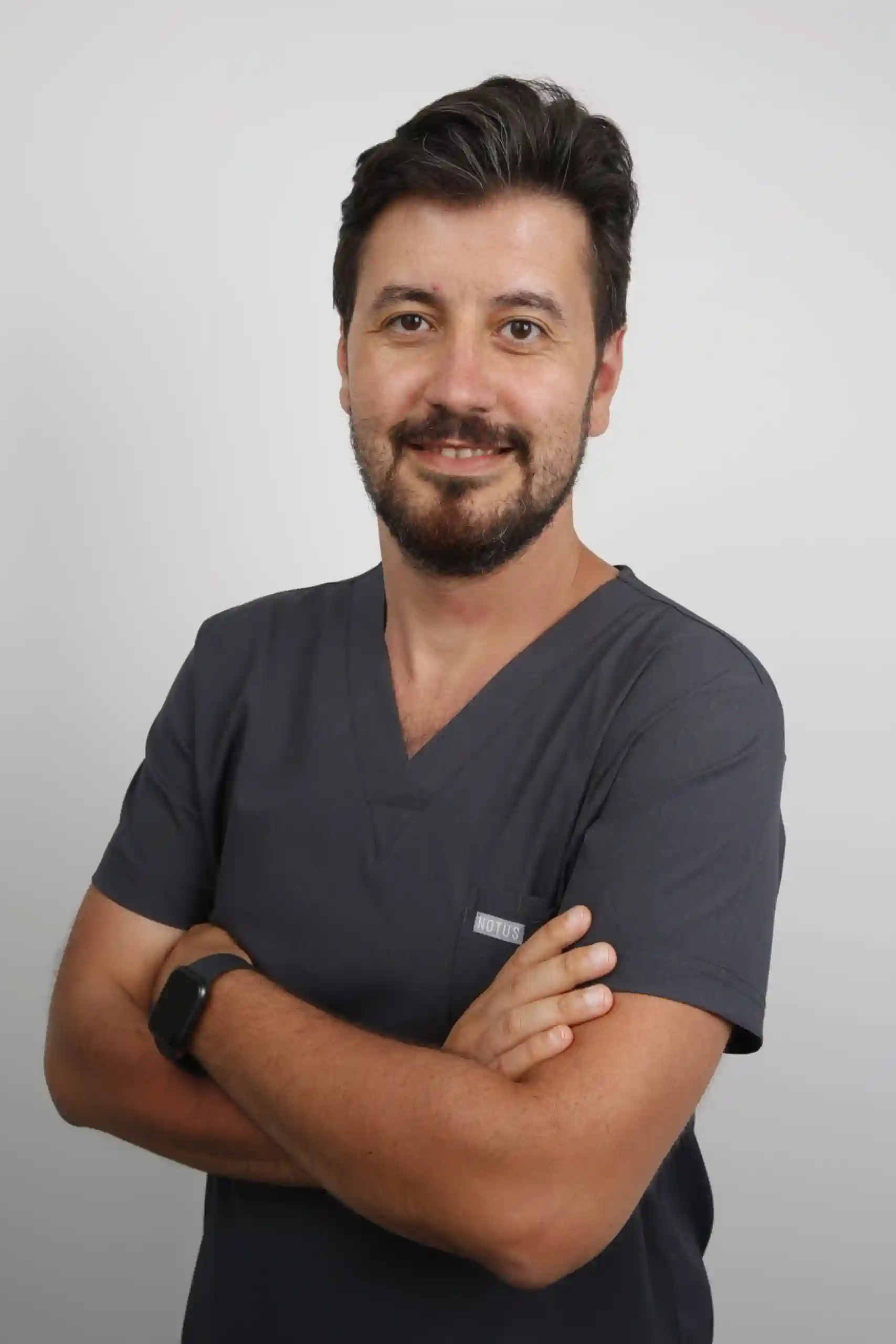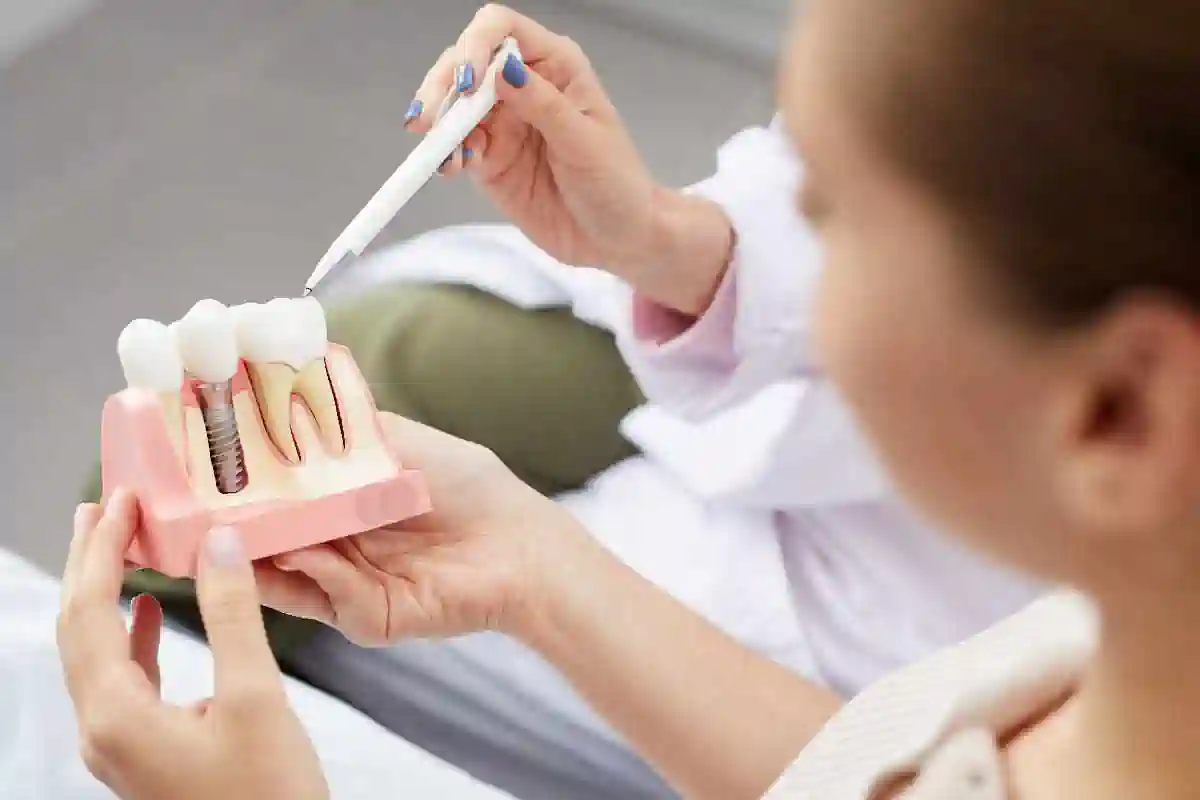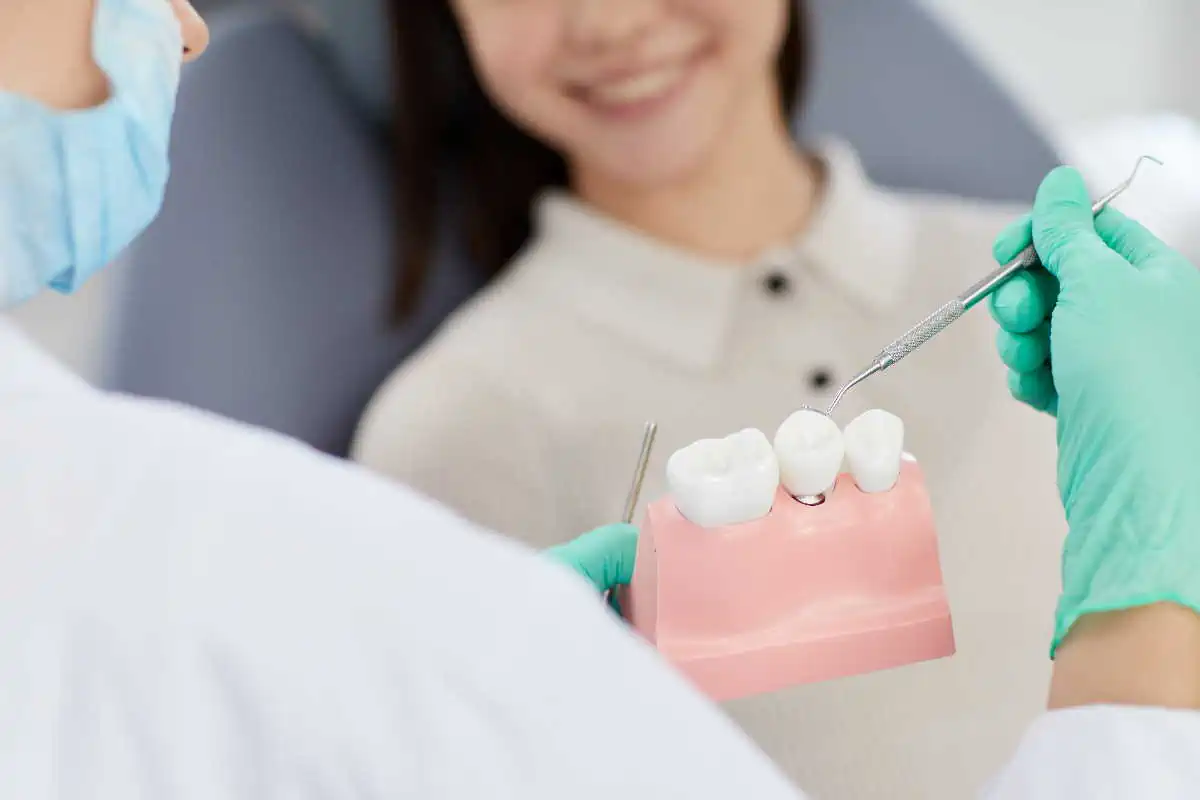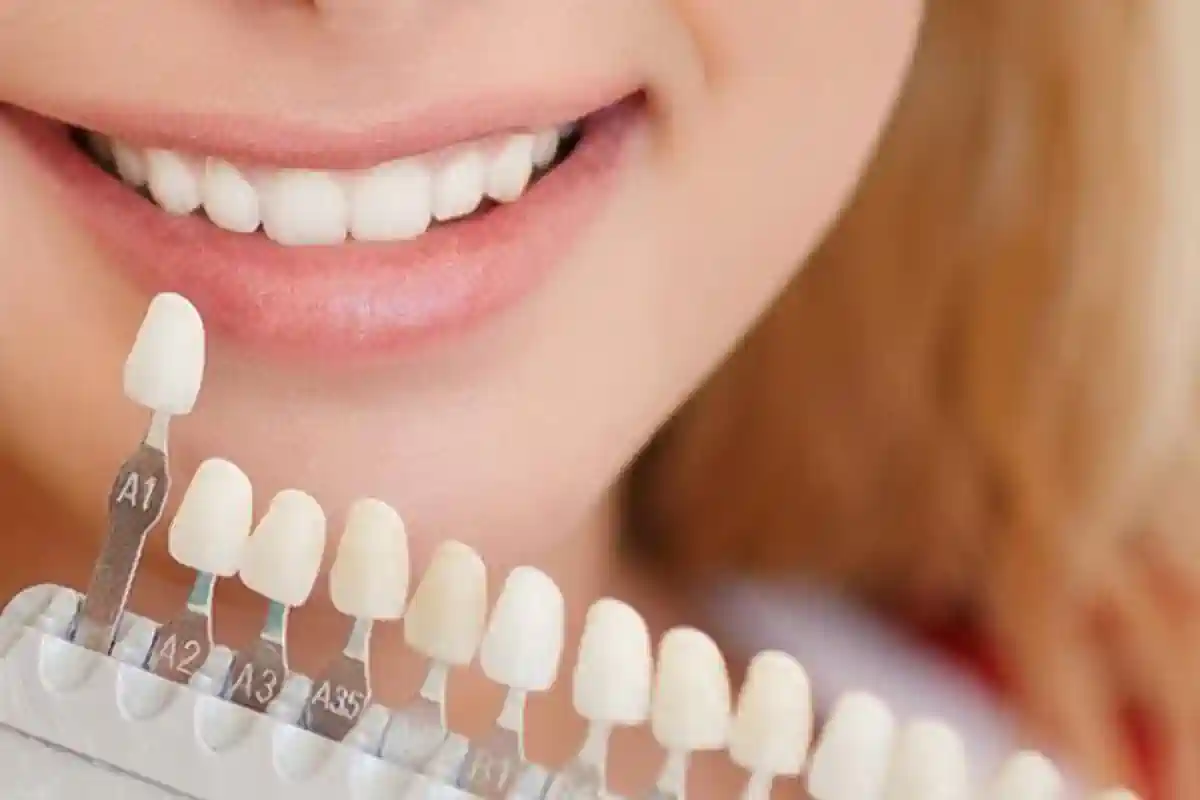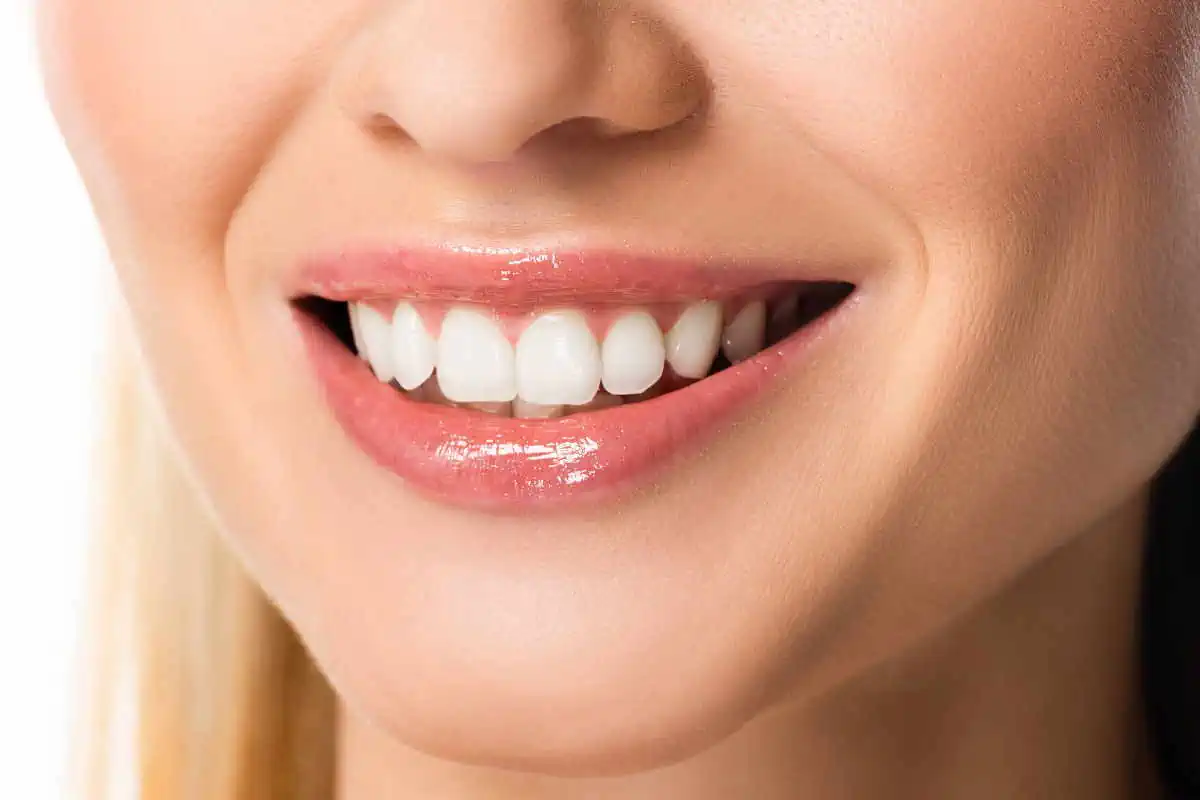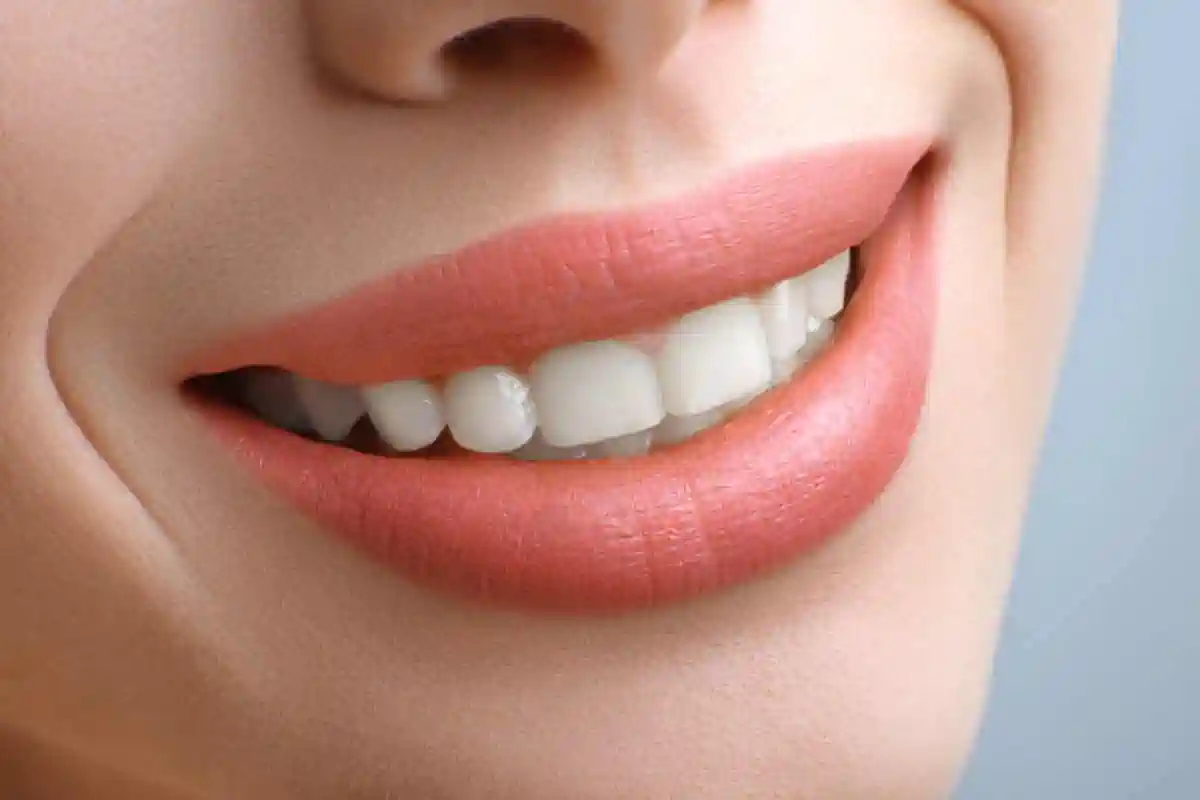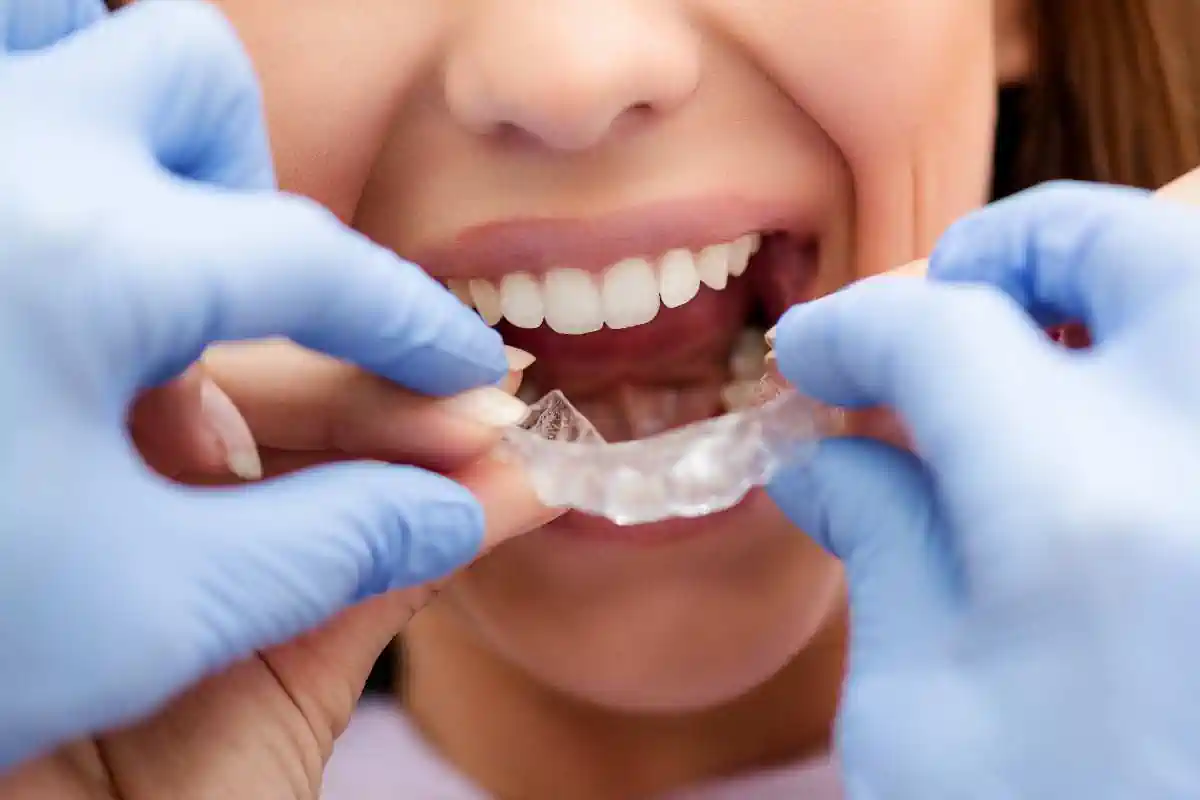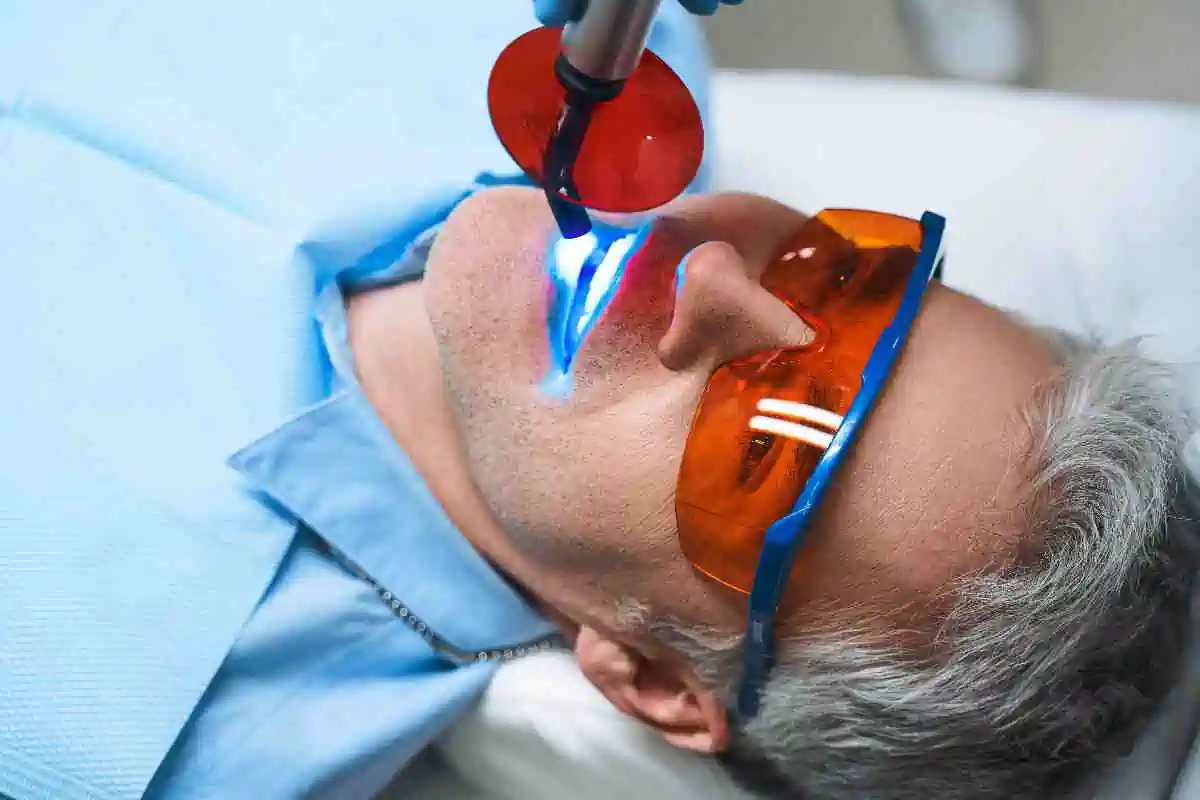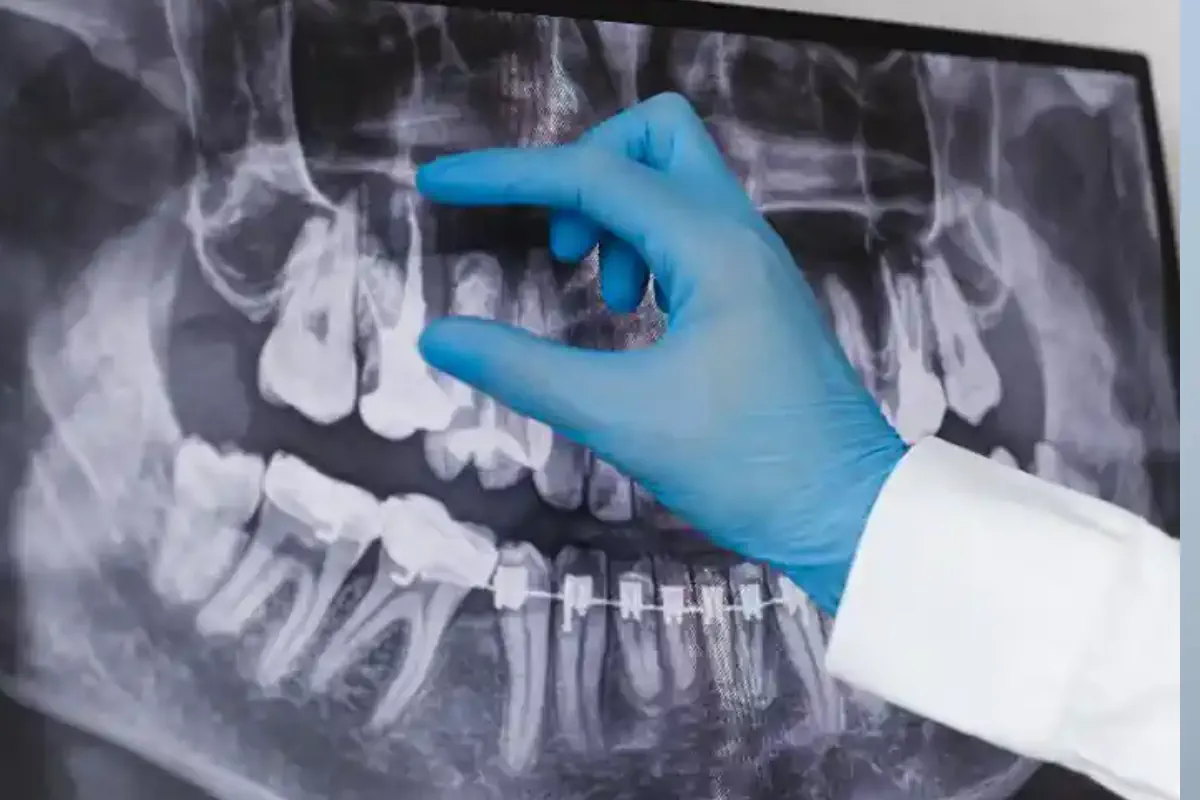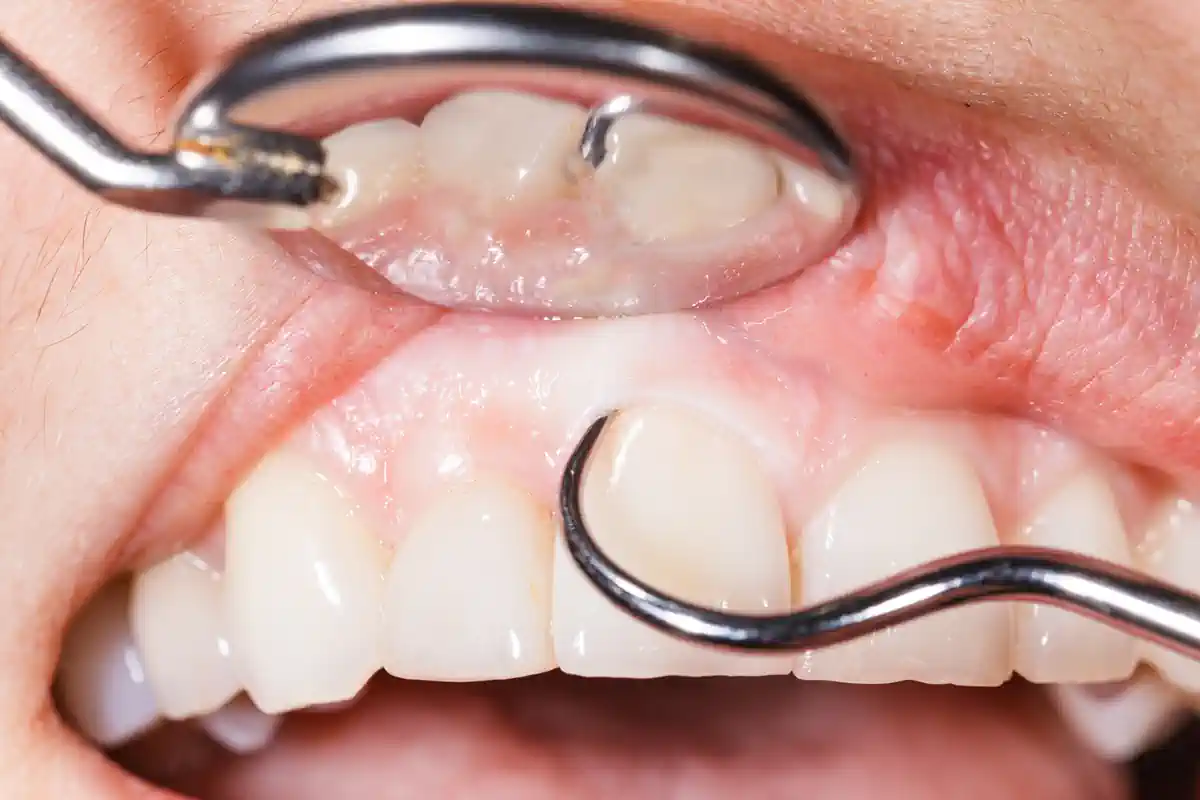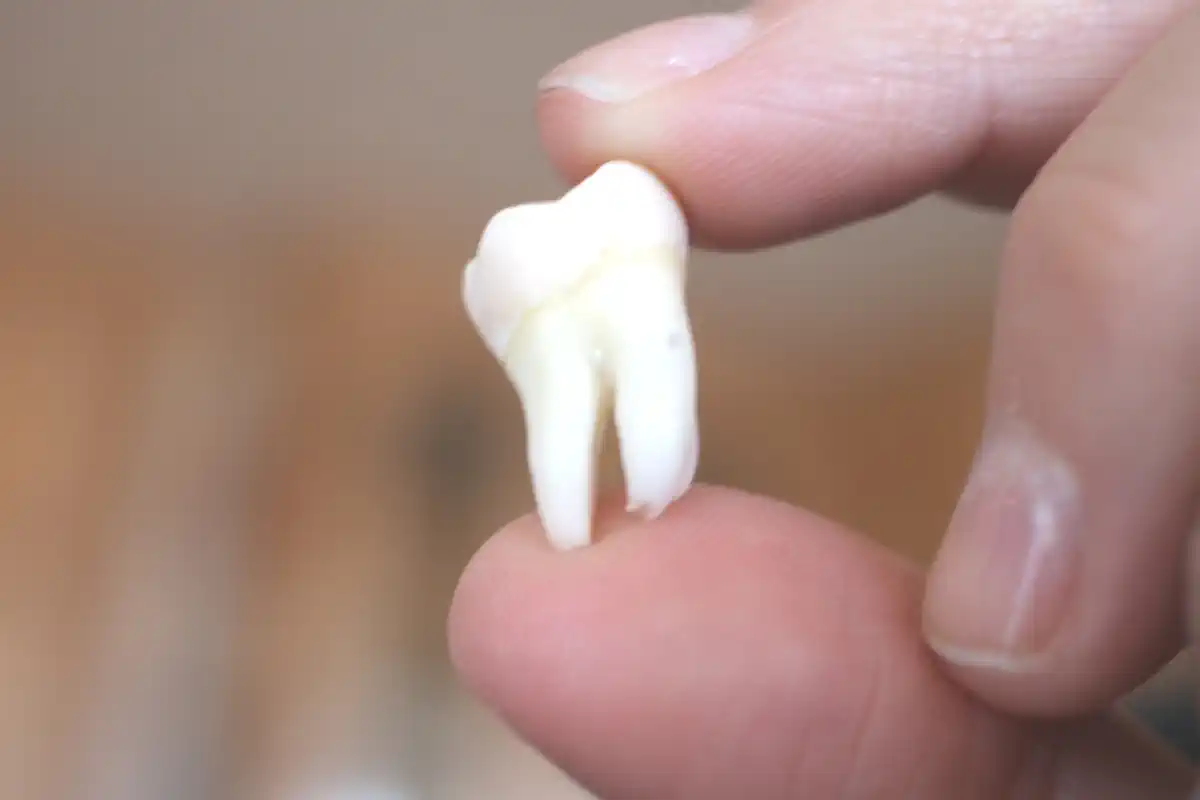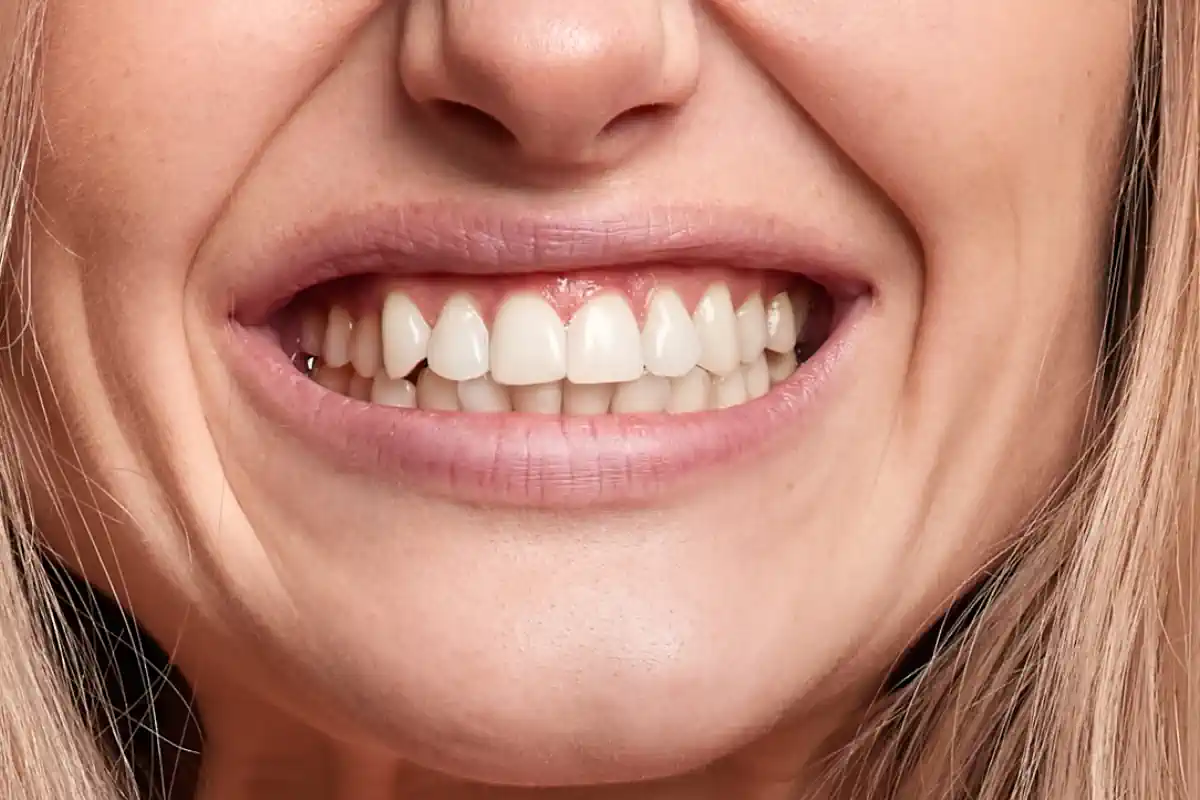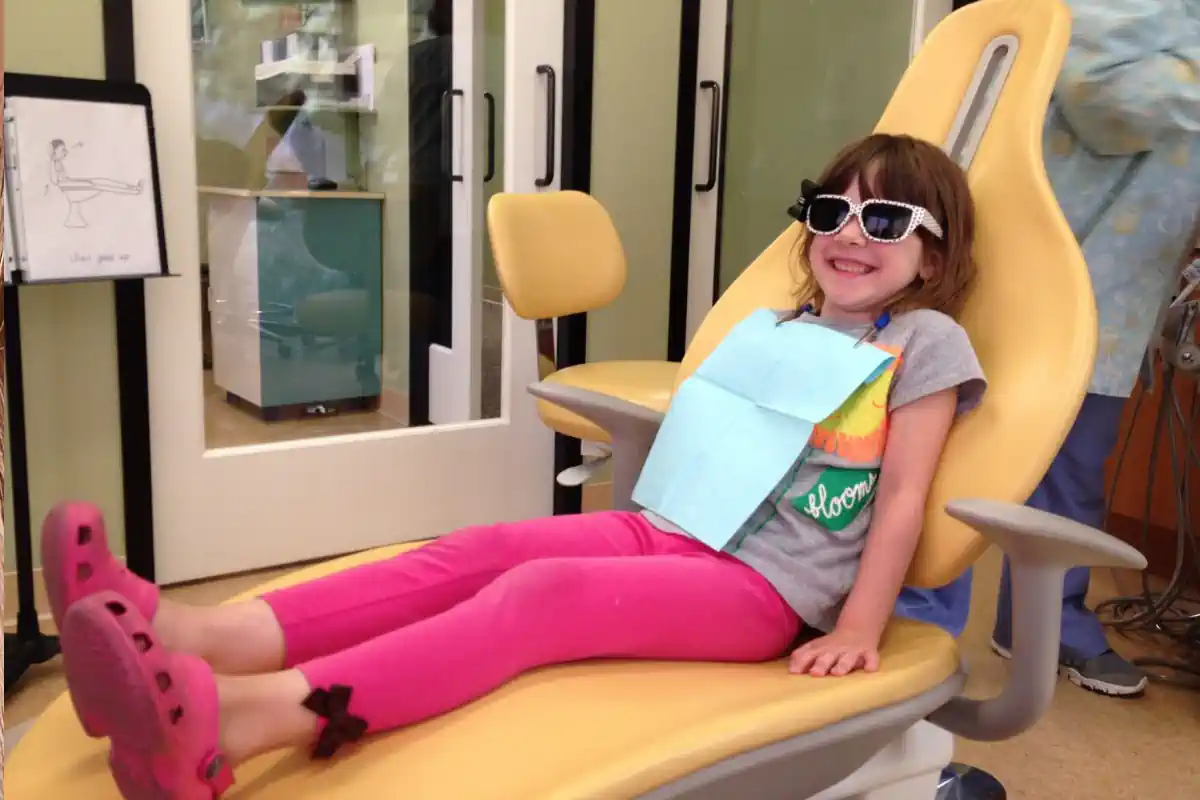Periodontology Treatment Prices
Contact Us!
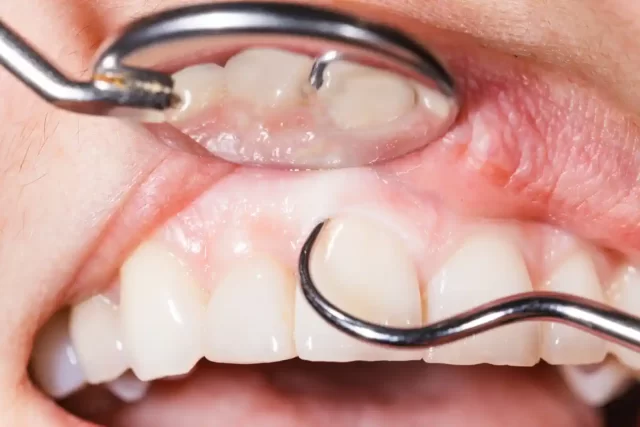
You should preferably visit our clinic or have a free online exam to learn about the price of gum diseases (Periodontology) treatment.
After the examination, the price information specific to your treatment will be shared. You can contact us by completing the form below or by calling our polyclinic to make an appointment or free online examination.
You can also find answers to frequently asked questions about the treatment of gums diseases (Periodontology) from this article. You can contact us for all your requests.
Aralık Ayına Özel Fiyatlarımızdan ve Ücretsiz Muayene ve Röntgen'den Yararlanmak İçin Kalan Süre:
Fill out the form below and we'll call you back!
Dentlotus
Dentists
Table of Contents (Frequently Asked Questions)
show
Discover The Power of Your Smile!
Discover The Power of Your Smile!
Our treatments include dental hygiene, jaw problems and treatment of sensitive teeth, determination of gums diseases, specialist dentistry (orthodontist, implantology, endodontia and periodontia), dental whitening, smile design, oral and dental aesthetic solutions like Hollywood Smile. For detailed information about each treatment, visit the treatment page.
What is gums disease (Periodontology) treatment?
Today, soft tissues around teeth are as important as your teeth to have a healthy and beautiful smile. The harmony between your teeth and surrounding tissue is called the pink aesthetic.
There are certain concepts and rules that we will guide in providing pink aesthetics. But the key to success is the personalized treatment plan that is created by specifically evaluating each patient and considering the patient’s expectations.
What are the criteria in pink aestetic?
Patients with visible teeth and gums when smiling must meet certain aesthetic criteria. These aesthetic criteria are
Gum health: Infected gums have red, swollen, round and bright look. The gums bleed easily even with a small impact or when brushing your teeth To achieve the ideal aesthetic look, the gums must first be chunky and pale pink.
Anatomical structure of the gums: The contour of the gum, the amount of gum between the two teeth, the colour and the surface structure are very important in ensuring aesthetics.
Visible gums when smiling: The ideal smile line is approximately 1 mm visible gum during natural smile. More than 3mm visible gummy smile (gummy smile) of the gummy smile is perceived as ugly by the majority of patients.
What is aesthetic treatment approach?
First, scaling and deep cleaning (curettage) are necessary to achieve the ideal gums health. Gum levels are corrected with either gingivectomy (dissection) or genioplasty (shape of the gums) after personalized treatment planning.
How is the gum cut/shaped?
During these operations, an anaesthetic is applied inside the mouth with a needle, then the necessary corrections are made using laser, scalpel and jeans. The operation is completed within 20-40 minutes depending on the size of the application area.
How long does gum aesthetic recovery take?
The recovery time varies between 2 and 6 weeks based on the procedure applied. The recovery time is slightly longer if there is intervention to the jawbone.
Does this treatment have any risks?
If applied in a sterile environment and by specialized physicians, there is no risk other than routine surgical risks.
Gums inflammation and bleeding
The main reason for gums disease and bleeding is the adhesive transparent plaque that is not cleaned on the teeth and contains millions of bacteria. However, many factors can be involved in the progression of this disease.
What are gum diseases?
Gingivitis: Inflammation in soft tissue surrounding the teeth. The gums are red, swollen and there is brushing sensitive.
Periodontitis: It is caused by the destruction of the bone tissue along with the soft tissue infection surrounding the teeth. It usually appears in individuals who are at an advanced age or have a genetic predisposition.
Insufficient brushing: With short-term or inefficient brushing, food residues on the teeth cannot be cleaned. As a result, the gums become swollen and bled. When it’s not avoided, the teeth will fall since the tissue around the teeth are destructed.
Genetic factors: In some cases, the familial predisposition for gum diseases is scientifically proven. Poor oral hygiene and other factors can accelerate the course of the disease, while the disease can progress even if none of these factors exist.
Smoking: It acts directly on the veins inside the mouth, which negatively affects the blood circulation to the tissues. In particular, poor oral hygiene accelerates the progression of the disease in individuals with poor genetic predisposition. At the same time, these masks the important symptom of gums disease which is bleeding and delay the diagnosis of the disease.
Pregnancy: Changes in hormones during this period cause sensitivity and bleeding. It is important to visit a dentist before pregnancy and during pregnancy to avoid permanent problems that may occur in the future.
Diabetes: If the blood glucose values are not controlled, the gums will be damaged, like other tissues of the body. Diseases such as periodontitis and fungus are common in people with diabetes.
Medication: Some medications used for epilepsy, birth control or high blood pressure treatment can cause gum problems.
Bruxism and stress: Bruxism and squeaking the teeth caused by intense stress can seriously damage the jaw joint, teeth and gums.
What causes gums diseases?
Insufficient brushing: With short-term or inefficient brushing, food residues on the teeth cannot be cleaned. As a result, the gums become swollen and bled. When it’s not avoided, the teeth will fall since the tissue around the teeth are destructed.
Genetic factors: In some cases, the familial predisposition for gum diseases is scientifically proven. Poor oral hygiene and other factors can accelerate the course of the disease, while the disease can progress even if none of these factors exist.
Smoking: It acts directly on the veins inside the mouth, which negatively affects the blood circulation to the tissues. In particular, poor oral hygiene accelerates the progression of the disease in individuals with poor genetic predisposition. At the same time, these masks the important symptom of gums disease which is bleeding and delay the diagnosis of the disease.
Pregnancy: Changes in hormones during this period cause sensitivity and bleeding. It is important to visit a dentist before pregnancy and during pregnancy to avoid permanent problems that may occur in the future.
Diabetes: If the blood glucose values are not controlled, the gums will be damaged, like other tissues of the body. Diseases such as periodontitis and fungus are common in people with diabetes.
Medication: Some medications used for epilepsy, birth control or high blood pressure treatment can cause gum problems.
Bruxism and stress: Bruxism and squeaking the teeth caused by intense stress can seriously damage the jaw joint, teeth and gums.
How can I understand I have gum disease?
Bleeding in the gums when you’re brushing or without any reason
Redness and swelling
Bad breath
If you have teeth sensitivity or swing, you should consult to a dentist immediately.
Does the toothed bleeding only appear in gums diseases?
Bleeding is the most important symptom of the gums, but it is not specific to gum problems. Prosthetics with edge matching, untreated decayed tooth, and flooded fillings might lead to gum bleeding. Also, some medications for pregnancy, menopause, vitamin deficiencies and leukaemia might cause bleeding.
Dental diseases treatment methods
The main cause of the disease is the adhesive, colourless and millions of bacteria in the teeth, and the plaque, which is caused by the hardening of blood and saliva. After removing other factors that cause the disease, the first action is to clean the gums and explain to the patient how to brush their teeth.
What is the non-surgical approach to treating gum diseases?
Oral hygiene training, scaling or curettage operated under anaesthesia are included in these treatments. When needed, treatment is also supported with regional drug applications. This is minimal invasive and cost-effective treatment approach.
What are the surgical approaches to treating gum diseases?
In cases where initial treatment is inadequate and incomplete, a surgical approach can be recommended to achieve optimal dental health. There are 4 major dental surgery applications. These are:
1. Reduce the amount of gum pocket on the teether (Flep Operation): The bone and gums around the teeth must be tightly wrapped around the teeth, like a turtleneck with a neck sweater wrapped around your neck. In the presence of a gums disease (Periodontitis), destruction occurs in this supporting tissue and ‘pockets’ are formed around the teeth.
These pockets deepen over time, providing a wider area for bacteria to survive. As bacteria evolve around the teeth, they can accumulate and advance under the tissue of the gums. More bone loss appears as the pocket depth increases. If these pockets cannot be avoided, the teeth will swing to the shot.
When deciding on treatment, the pocket depth measurement is taken first. In the case of daily oral hygiene routine and deep pockets that cannot be cleaned with professional care, surgery is decided to reduce pocket depth.
This is done by removing the gum tissue and cleaning the bacteria that cause the disease. Irregular bone tissues are also corrected before reseating the tissue so that the gums are better connected to the healthy bone.
As a result, daily oral hygiene and regular dental hygiene checks increase your chances of preserving natural teeth and prevent many health problems associated with gum disease.
2. Supporting teeth with bone dust (Regeneration): Rebuilding tissues that are lost due to gum disease is another method of treatment that is applied in some cases.
In addition to reducing pocket depth and removing bacteria during the process, bone dust (graft), barriers (membrane) and tissue stimulating proteins are used to prevent the dispersion of these dust. With this treatment, tissue damage caused by the disease of the gums is repaired.
3. Extending the teeth length (Extending crown length): The excess bone and gums around it are removed and reshaped to increase the visibility of the teeth. This can be applied to a single thread or thread group. It’s not just an aesthetic application. In the deep bruising presence that descends below the gums, the fracture that occurs under the gums also applies a dental extension in the presence of insufficient tread tissue for prosthetic operations. As a result, the patient’s aesthetic, speech and eating habits are rearranged.
4. Soft tissue grafts: The root surfaces that are exposed by pulling the gums may cause the teeth to appear longer than they are but are also the most important cause of their hot and cold sensitivity. Soft tissue grafts are applied to prevent the gums from being drawn and to strengthen their gums due to gum disease or brushing hard.
This soft tissue enhancement and root surface closure is done by taking tissue from the patient’s palate and placing it in the required area. This prevents bone loss and tooth decay. The key to smiling with confidence and having a comfortable conversation and eating is health teeth and gums.
Do I feel pain during dental treatment?
Treatment will be done by local anaesthetics, so the process is painless.
Is gum disease a symptom of other diseases?
Diagnosis of various diseases, such as cancer, diabetes, autoimmune diseases, can diagnosed from gum diseases by referring to the specialist physician.
How should oral care be after the operation?
After the operation, as much saliva as possible should not be spit out for bleeding control and hot drinks should not be consumed. Soft brushes must be used to clean the wound area and kept away from mechanical trauma.
Can I smoke after the dental operation?
It is recommended to quit smoking, especially in the weeks before and after the operation, to avoid problems that may occur early.
With Dentlotus’ Treatments
Discover The Power of Your Smile!
Our treatments include dental hygiene, jaw problems and treatment of sensitive teeth, determination of gums diseases, specialist dentistry (orthodontist, implantology, endodontia and periodontia), dental whitening, smile design, oral and dental aesthetic solutions like Hollywood Smile. For detailed information about each treatment, visit the treatment page.
Implant
With implant therapy, you can replace your missing teeth with aesthetic teeth that feel completely natural. Click to learn more about our treatment.
Zirconium
Dentlotus Zirconium treatment will give your teeth a whiter and more aesthetic look. Click to learn more about zirconium.
Porcelain Veneer
The porcelain veneer is a treatment method that creates an aesthetic image on the teeth to provide a better smile. Click to learn more about veneer treatment.
Dental Bleaching
With Dentlotus dental bleaching treatment, it’s easy to have a glowing and attractive smile. Click to learn more about our dental bleaching treatment.
Smile Design (Hollywood Smile)
With its smile design, you can have a great smile that gives a natural look to fit aesthetic criteria. Click to learn about our treatment.
Orthodontia
Orthodontia is a dentistry specialty that diagnoses and prevents incompatible dental and jaw relations before they occur. Click to learn more about our treatment.
Aesthetic Filling (Bonding)
The Bonding treatment is applied by bonding cosmetic filler (composite fill) materials without causing damage to the tooth. Click to learn more about our treatment.
Root Canal Treatment
Root canal treatment is the process of cleaning and filling the infected nerves in the anal area as a result of the loss of vitality of the tooth. Click to get detailed information about it.
Periodontia Treatment
Periodontia treatment can help preventing gingival recession, bleeding and inflammation. Click to learn more about our treatment.
Wisdom Teeth
Wisdom teeth examination at Dentlotus can tell you if you need any teeth extraction treatment. Click to learn more about our treatment.
Teeth Grinding (Bruxism)
With Dentlotus bruxism treatment, you can prevent serious damage to your mouth and teeth. Click to learn more about our treatment.
Pedodontia
The habits gained during childhood are very effective in the protection of oral and dental health. Click to learn more about our treatment.
